A week of space science events, features, and activities in celebration of the NASA Mars 2020 Perseverance rover and its final approach to the Red Planet.
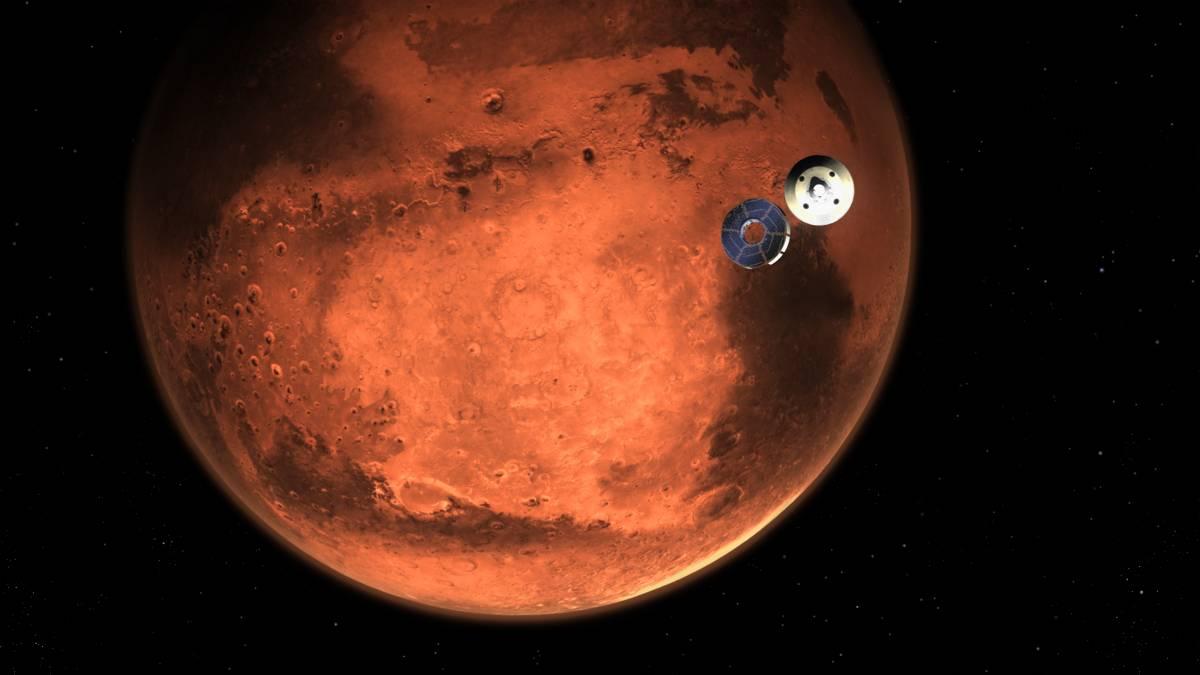
The Center for Space Technology and Research (C-STAR), along with the ExplOrigins Group representing the Georgia Tech Astrobiology community, presents Space Science Week at Tech, a week's worth of lectures and presentations celebrating the latest information from space exploration activities.
College of Engineering contributions to Mars 2020
Georgia Tech graduates from the College of Engineering are contributing to the Mars 2020 mission and the Perseverance rover's capabilities once it lands on the Red Planet.
Electrical and Computer Engineering Ph.D. alumnus Philip Twu will be working on the missions operation team.
Aerospace Engineering alumni alumnus Vishnu Sridhar will be working as the instrument engineer for Perseverance's SuperCam.
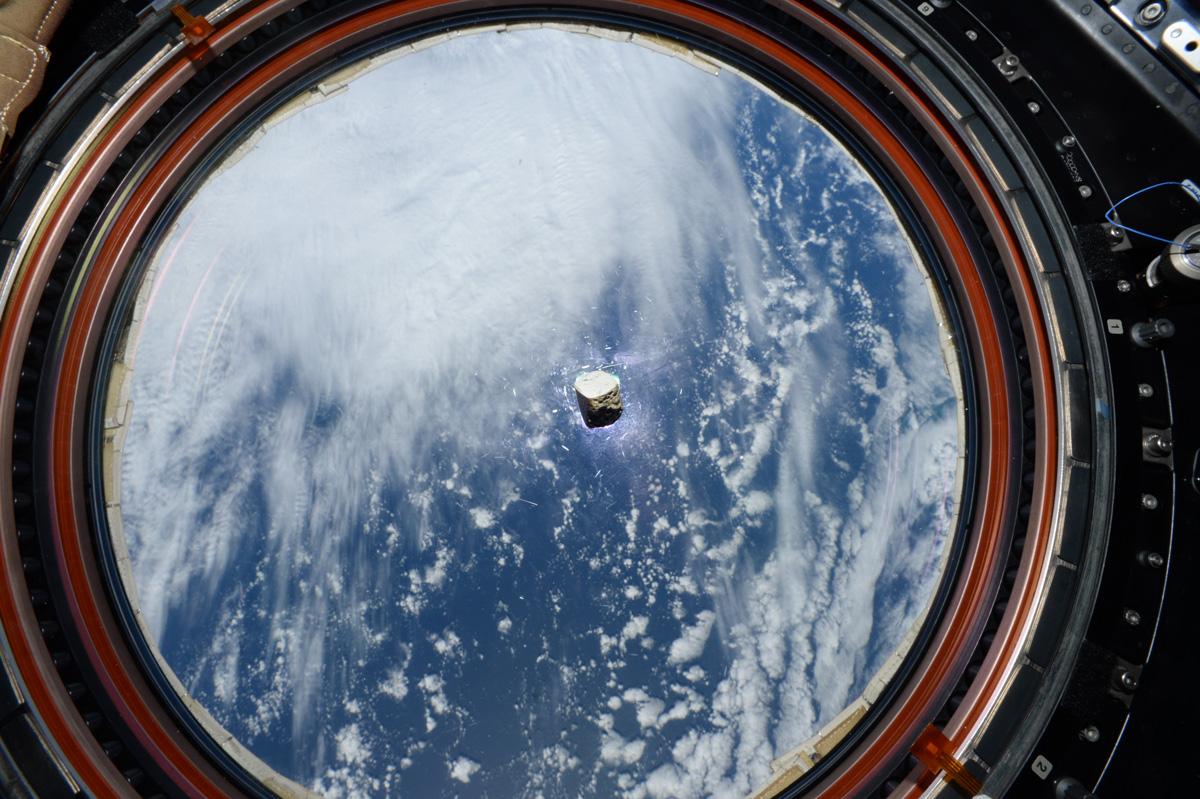
2021 Exploration and Origins Colloquium
Research talks and Mars 2020 Perserverance Landing viewing
Thursday, Feb. 17-18
Our aim is to highlight work involving space exploration; biological, geological, and astronomical origins; and astrobiology of any sub-field at Georgia Tech and beyond.
Through this colloquium, we hope to:
- forge relationships between diverse individuals of various fields, experience levels, and backgrounds
- expand our internal awareness of local work an dinnovations
- encourage collaboration and interdisciplinary understanding
- provide a professional growth opportunity for early career individuals including undergraduates, graduates, and post-docs
Event details
- 10:15- Welcome and Introduction
- 10:30- Astrobiology graduate certificate ceremony
- 10:45- Talks, 10 min talk + 5 min discussion
- Bhanu Kumar (Grad student, MATH)
- Rebecca Guth-Metzler (Grad student, CHEM)
- Abigail Johnson (Grad student, OSE)
- Tony Burnetti (Postdoc, BIO)
- 11:45- Plenary talk, Prof. Lisa Yaszek (LMC)
- 12:45- Lunch
- 1:30- Talks, 15 min talk + 5 min discussion
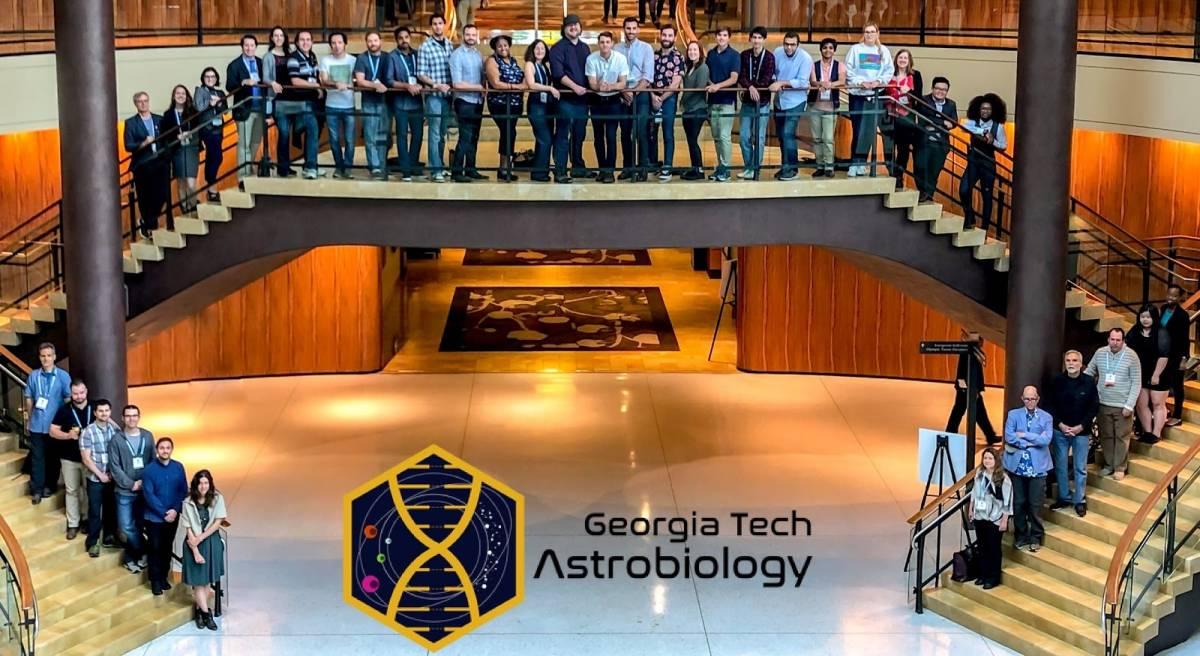
NASA Mars Perseverance Landing Watch Party
Thursday, Feb. 18 at 2:15 p.m. EDT
Perseverance will touch down on Mars on Thursday, Feb. 18, 2021, at approximately 12:55 p.m. PST (3:55 p.m. EST). During landing, the rover plunges through the thin Martian atmosphere, with the heat shield first, at a speed of over 12,000 mph (about 20,000 kph). A parachute and powered descent slow the rover down to about 2 mph (three-fourths of a meter per second). A large sky crane then lowers the rover on three bridle cords to land softly on six wheels.
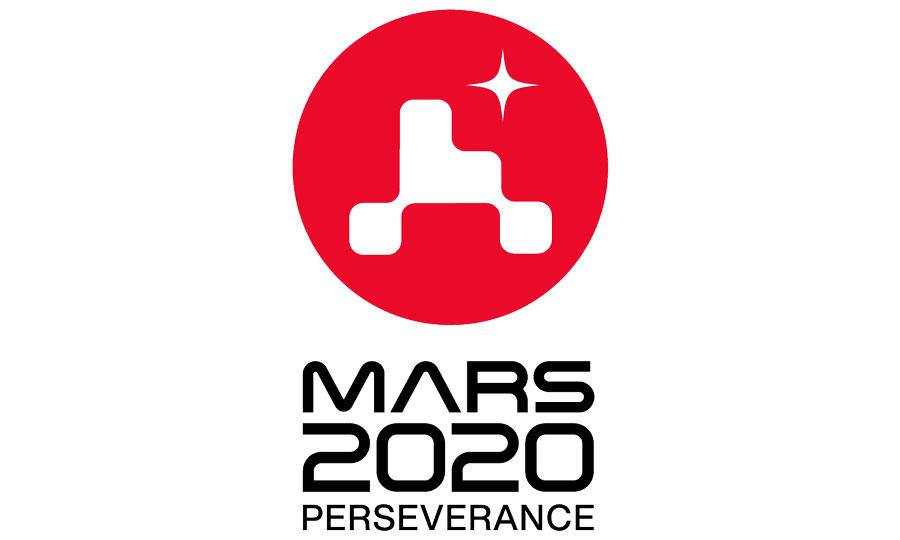
Mars+Landing Panel
Friday, Feb. 19 2021 at 11 a.m. EDT.
Panel members:
- Glenn Lightsey, Professor, Aerospace Engineering
- Frances Rivera-Hernandez, Assistant Professor, Earth and Atmospheric Sciences
- James Wray, Associate Professor, Earth and Atmospheric Sciences; Co-Investigator, HiRISE & CRISM, MRO
- Angela Dapremont, PhD Candidate, Planetary Science
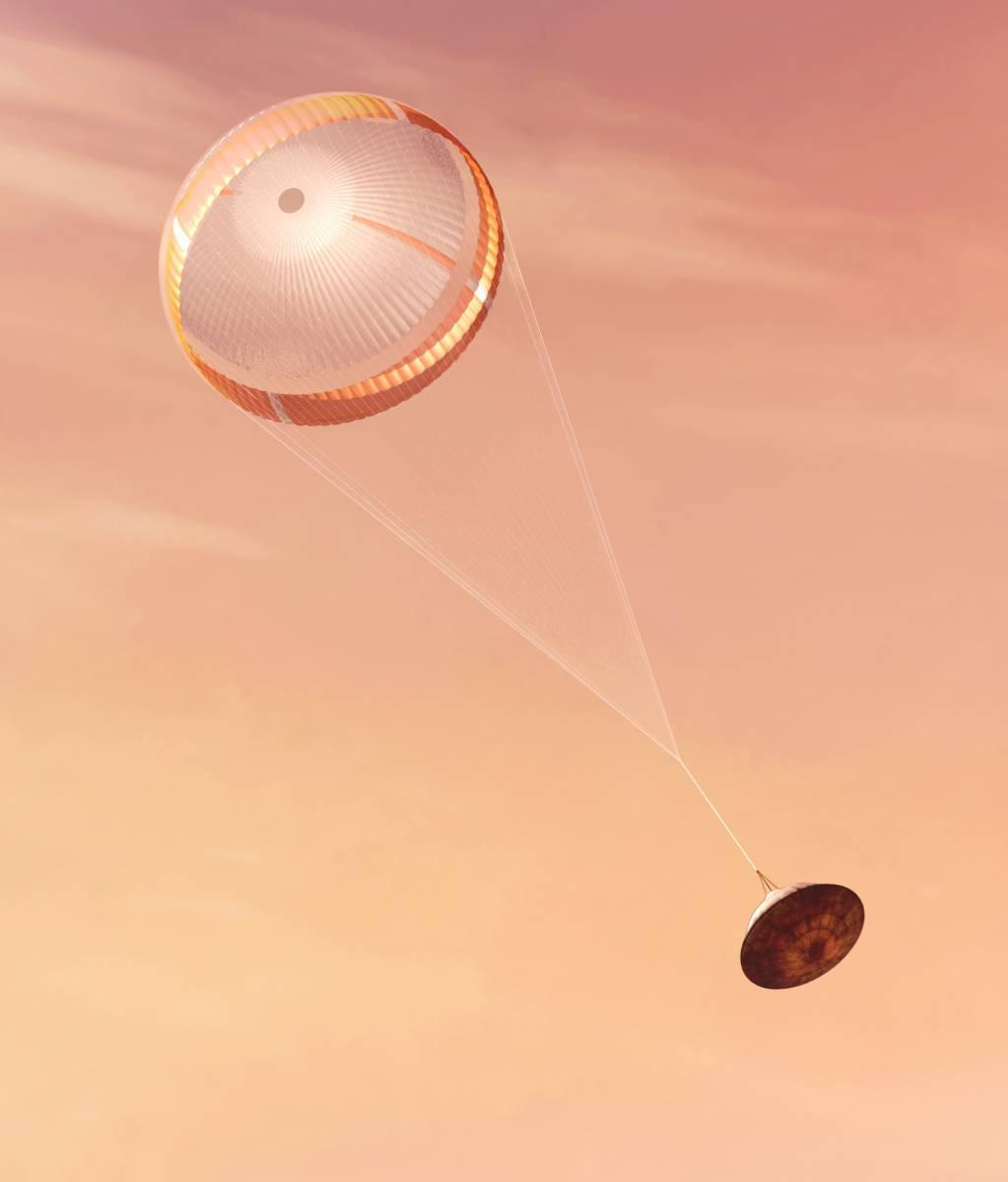
Ramblin' into the Final Frontier
Research from Georgia Tech and the College of Engineering are shaping the future of space exploration.
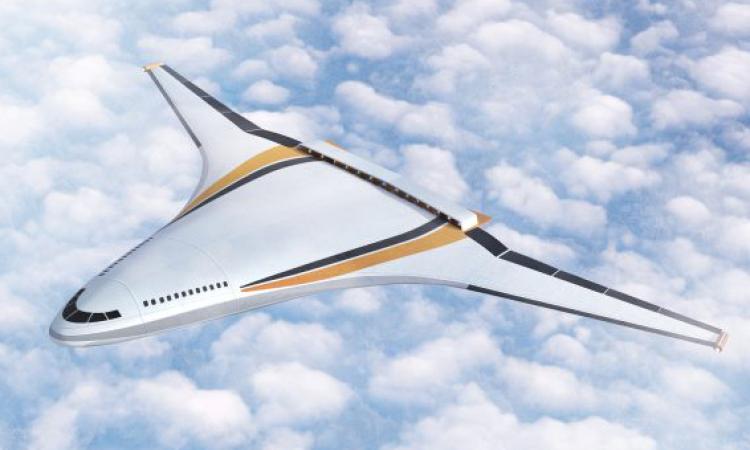
NASA University Leadership Initiative Brings Together Tech, Penn State, and Howard University
Georgia Tech aerospace engineering professors Tim Lieuwen and Brian German will be collaborating with researchers from Pennsylvania State University and Howard University on the NASA University Leadership Initiative, to chart the course for commercial hybrid-electric aircraft. The $8 million, four-year project, which officially begins July 2021, will focus on designing a single and a twin-aisle commercial aircraft that can carry 100 passengers or more, which researchers say will be well suited for hybrid propulsion.
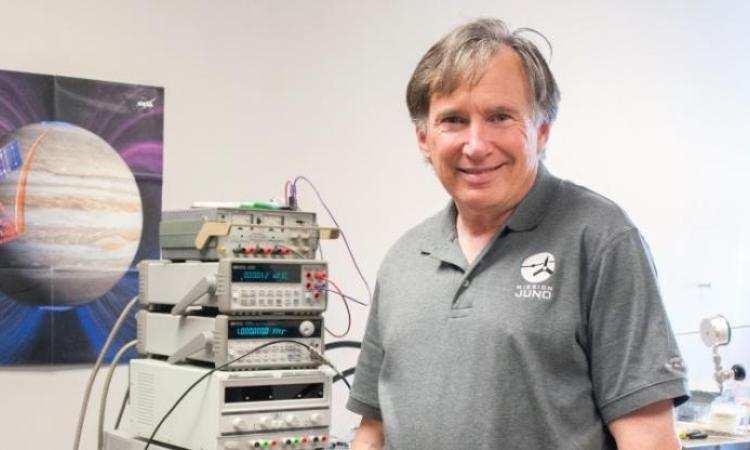
Extending the Juno Mission
NASA has extended the missions of two spacecraft, Juno and Insight, following an external review of their scientific productivity. Paul Steffes, a professor emeritus in the Georgia Tech School of Electrical and Computer Engineering, is a member of the Juno Mission team. Steffes has received measurements from Juno's microwave radiometer to measure radio waves from the Jupiter's deep atmosphere to determine the composition of the planet and its atmosphere.
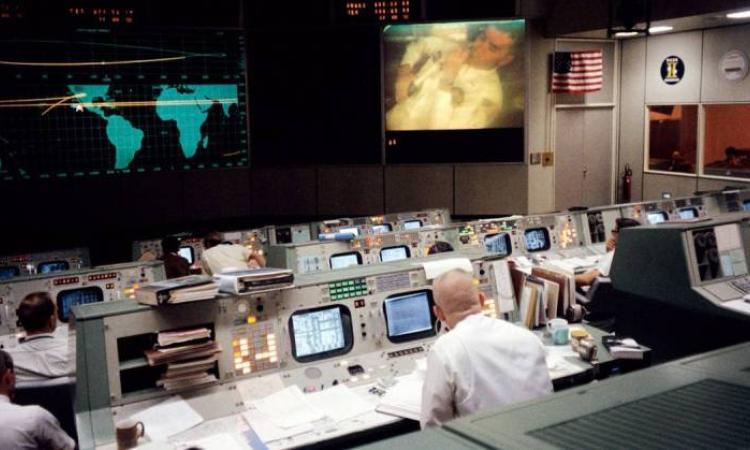
Reflections on Apollo 13
50 years later, two Georgia Tech engineering alumni reflect on their experience in Apollo 13’s mission control
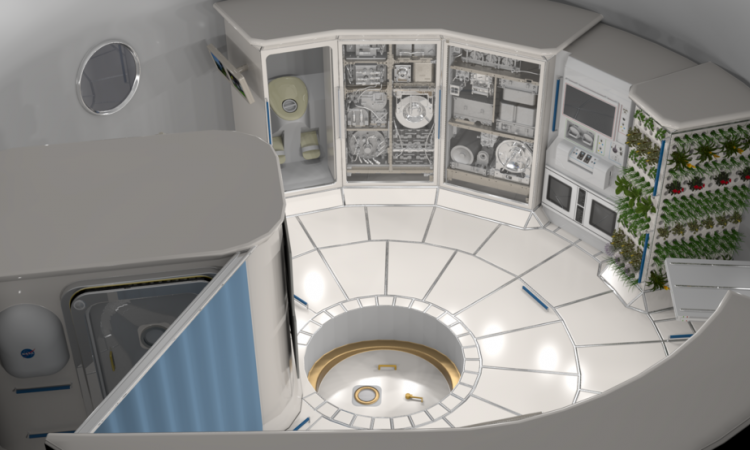
Nagi Gebraeel Helps NASA Develop Autonomous Habitats
NASA has awarded a $15 million, five-year grant to the HOME Institute (Habitats Optimized for Missions of Exploration), which unites seven higher education institutions — including Georgia Tech — with several industry collaborators in one of NASA’s four Space Technology Research Institutes. The goal of HOME is to develop autonomously functioning habitats known as SmartHab that are essentially self-maintained.

It Came From Outer Space with Brian Gunter
Learn about Georgia Tech's space travel and technological innovations happening at the School of Aerospace Engineering with professor Brian Gunter. Brian Gunter discusses space exploration at Georgia Tech and his small satellite missions that make it possible.

The Roarin' 20s in Space
Will we send a man to Mars? We brought together three engineering professors here to weigh in on a few predictions and forecast for the future, including Glenn Lightsey - a professor in the School of Aerospace Engineering.
Georgia Tech livestream
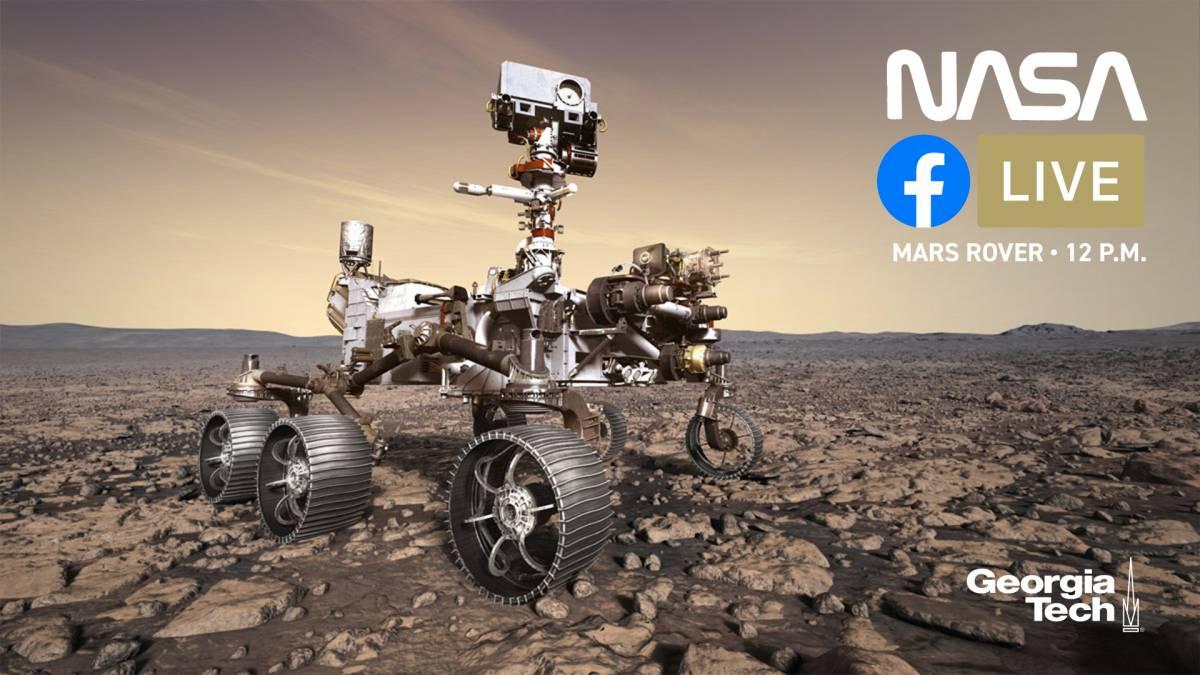
Georgia Tech's Facebook will host a livestream with Georgia Tech graduates on February 18th at 12 p.m. EDT.
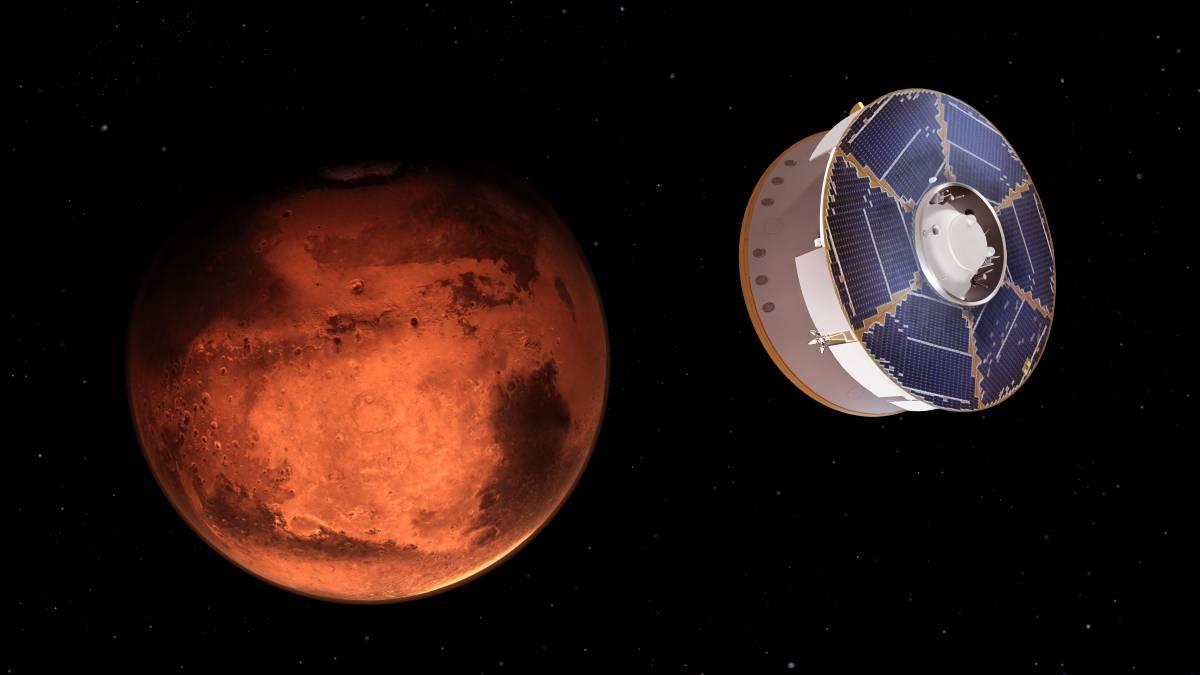
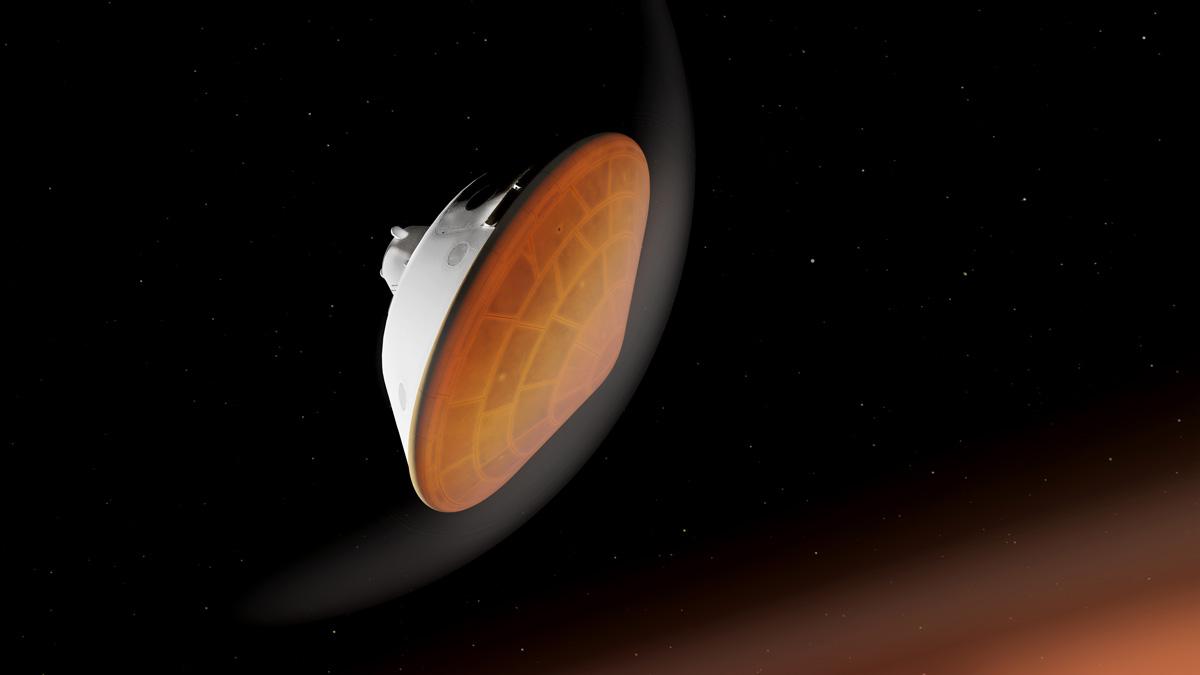
See you, Space Cowboy...
Mars 2020 rover mockups, Curiosity photos courtesy of NASA/JPL-Caltech.
